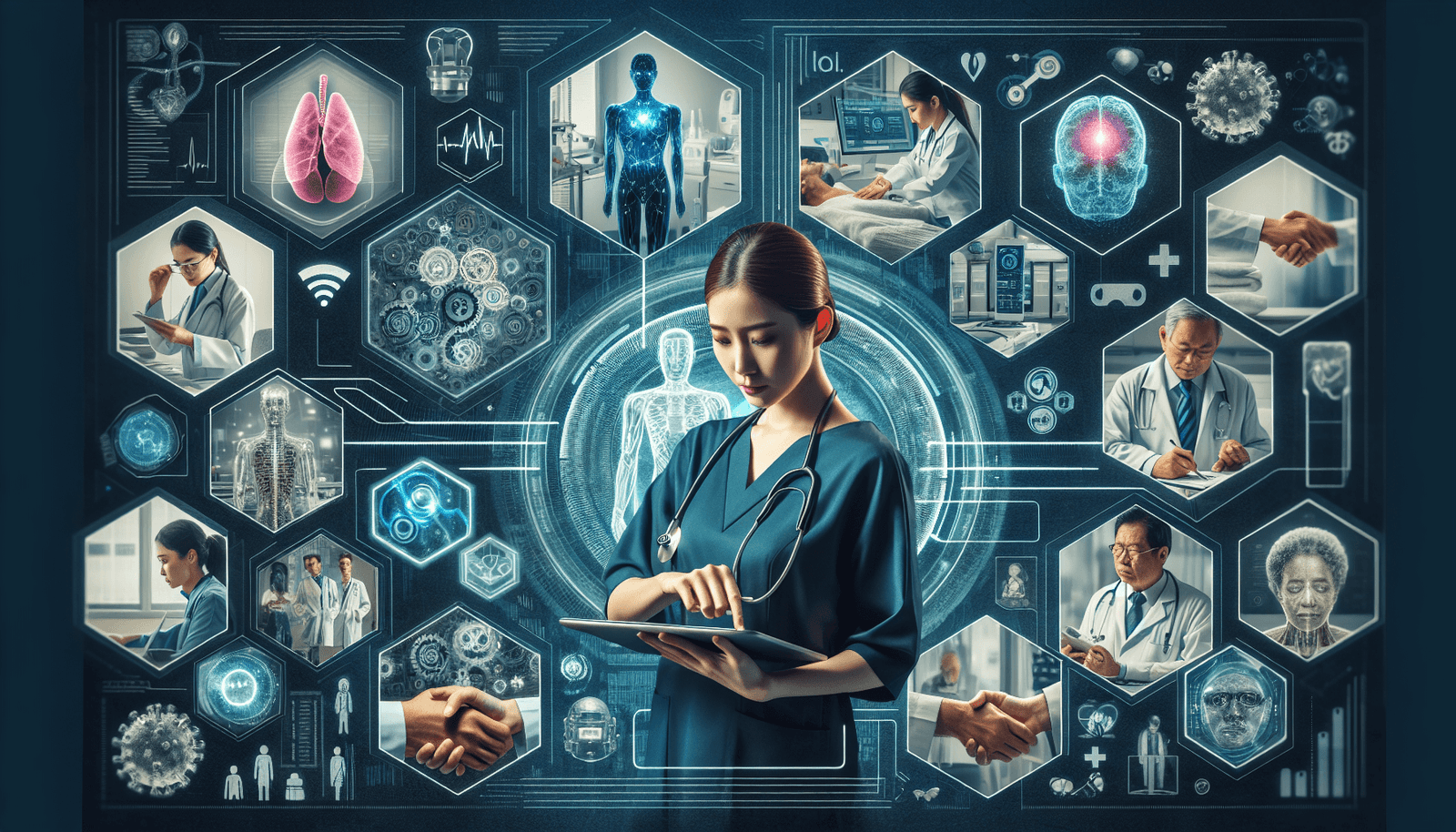As we venture into the future, the intersection of Artificial Intelligence and trust is poised to significantly reshape healthcare. The recent HSBC Report provides pivotal insights on how these elements will drive innovation in the healthcare sector by 2035. It outlines a clear path for transformation, driven by technology, that will change the way we approach health and well-being.
The Role of Artificial Intelligence in Healthcare
Artificial Intelligence has already begun to influence various aspects of healthcare, from diagnostics to patient management. As the technology evolves, its role is expected to expand even further. This evolution will demand a foundational level of trust between patients, healthcare providers, and technological systems. Trust will serve as a catalyst for collaboration, ensuring that AI tools are implemented effectively and responsibly.
Key Innovations by 2035
According to the HSBC Report, several innovations powered by Artificial Intelligence will reshape various facets of the healthcare industry:
- Personalized Medicine: Tailoring treatments based on individual genetics, lifestyle, and preferences.
- Predictive Analytics: Utilizing data to forecast potential health issues before they arise.
- Telemedicine: Enhancing remote patient consultations through AI-driven platforms.
- Robotic Surgery: Improving precision and outcomes through automated surgical solutions.
Establishing Trust in Technology
As technology continues to infiltrate the healthcare sector, building trust becomes paramount. Patients need confidence in AI systems and their ability to provide quality care. The HSBC Report highlights several strategies for fostering trust:
- Transparency: Being open about AI processes and how they influence healthcare decisions.
- Accountability: Ensuring there are mechanisms to hold AI systems accountable for their outcomes.
- Education: Informing both healthcare providers and patients on how AI works and its benefits.
- Engagement: Involving stakeholders in the design and implementation of AI solutions to assure alignment with patient needs.
The Future of Healthcare Transformation
By 2035, Artificial Intelligence is expected to redefine healthcare as we know it. The transformation will not only focus on technology but also on how health services are delivered and perceived. The integration of AI will allow for a more personalized and efficient healthcare experience, enhancing patient outcomes and satisfaction.
Challenges Ahead
Despite the potential for positive change, the journey towards integrating AI into healthcare is not without challenges. Some of these include:
- Data Privacy: Protecting sensitive patient information will be crucial.
- Ethical Concerns: Ensuring that AI decisions are made in a fair and unbiased manner.
- Regulatory Hurdles: Governments and regulatory bodies must establish frameworks to govern AI use in healthcare.
Conclusion
As articulated in the HSBC Report, the future of healthcare will be marked by profound changes driven by Artificial Intelligence and the cultivation of trust. These factors will not only enhance healthcare delivery but will also empower patients in their health journeys. The path to this innovation requires commitment from all stakeholders to ensure a seamless and beneficial integration of technology into everyday healthcare practices.
For more insights into how Artificial Intelligence will shape healthcare, and the necessity of trust in its deployment, refer to the HSBC’s detailed analysis.
SEO Description
This article explores the impact of Artificial Intelligence and trust on the future of healthcare as outlined in the HSBC Report. By 2035, technology is set to transform the industry, enhancing patient care through innovations like personalized medicine and predictive analytics. The piece discusses key strategies to build trust in technology, addressing challenges and laying a path for future advancements in healthcare. It is essential reading for anyone interested in the transformative potential of AI within the healthcare sector.







